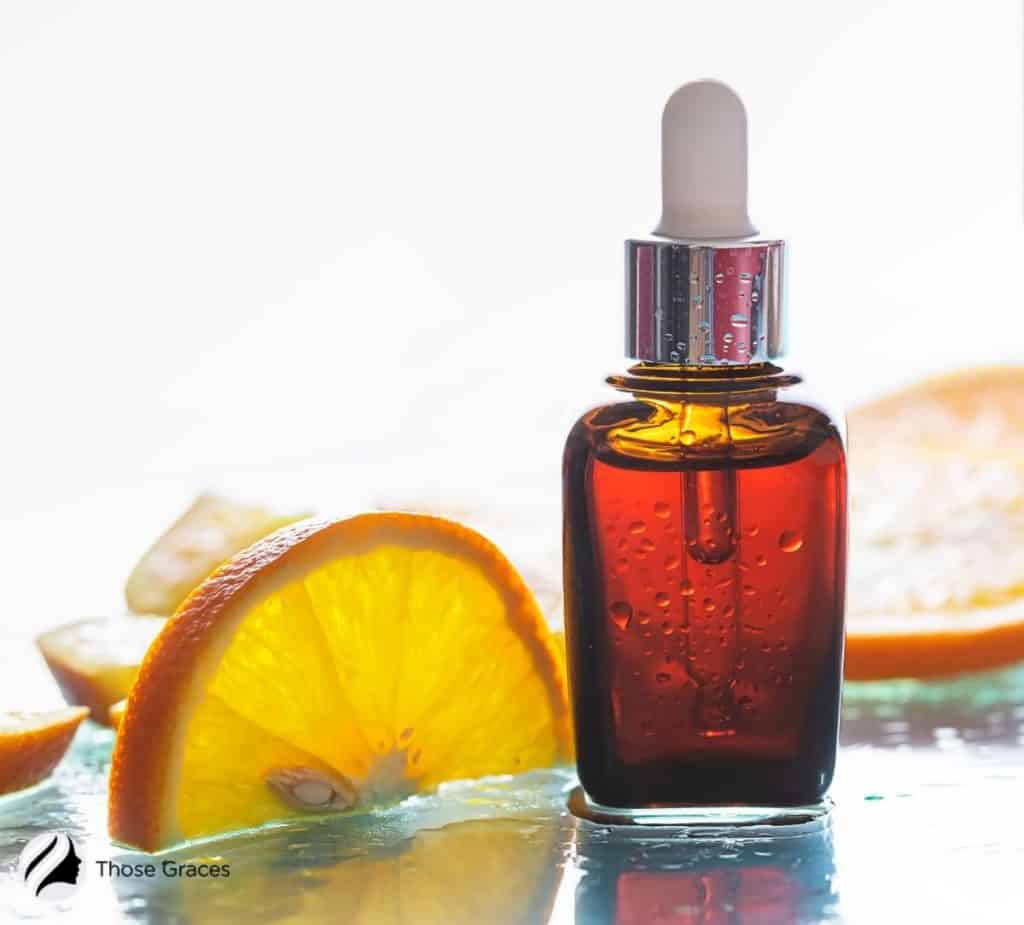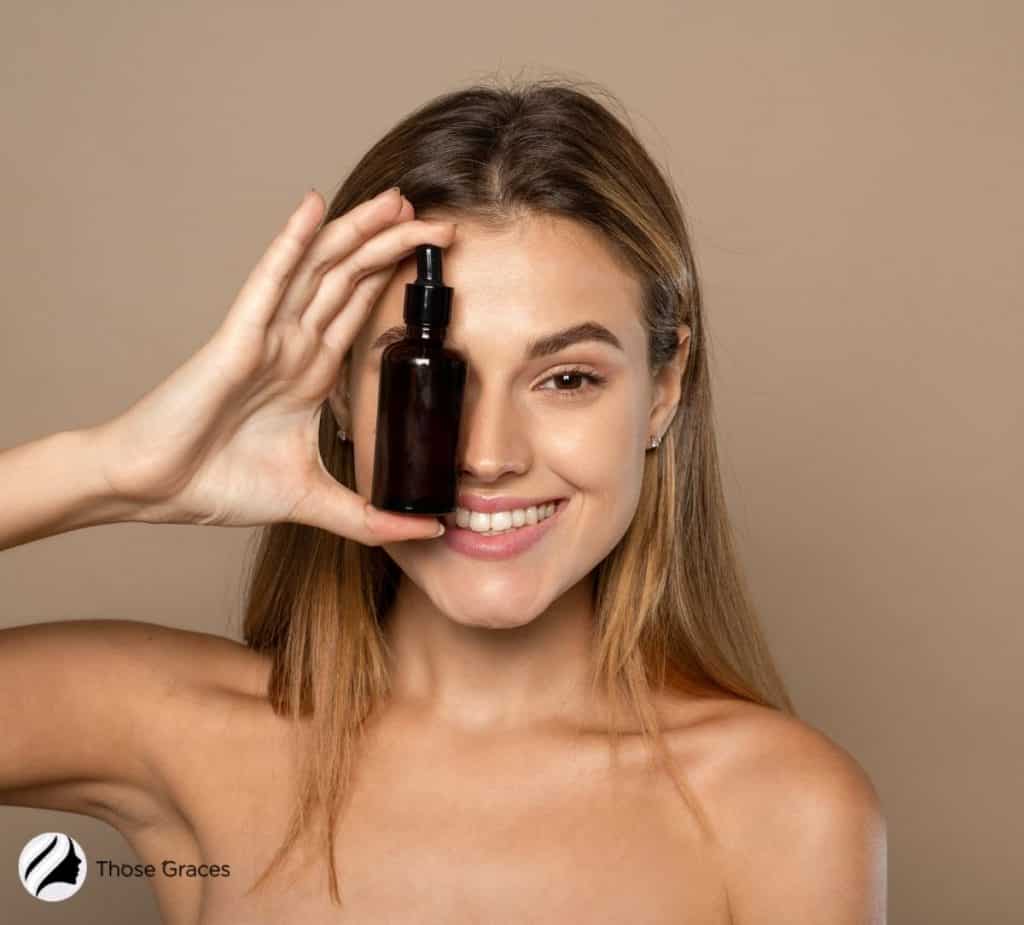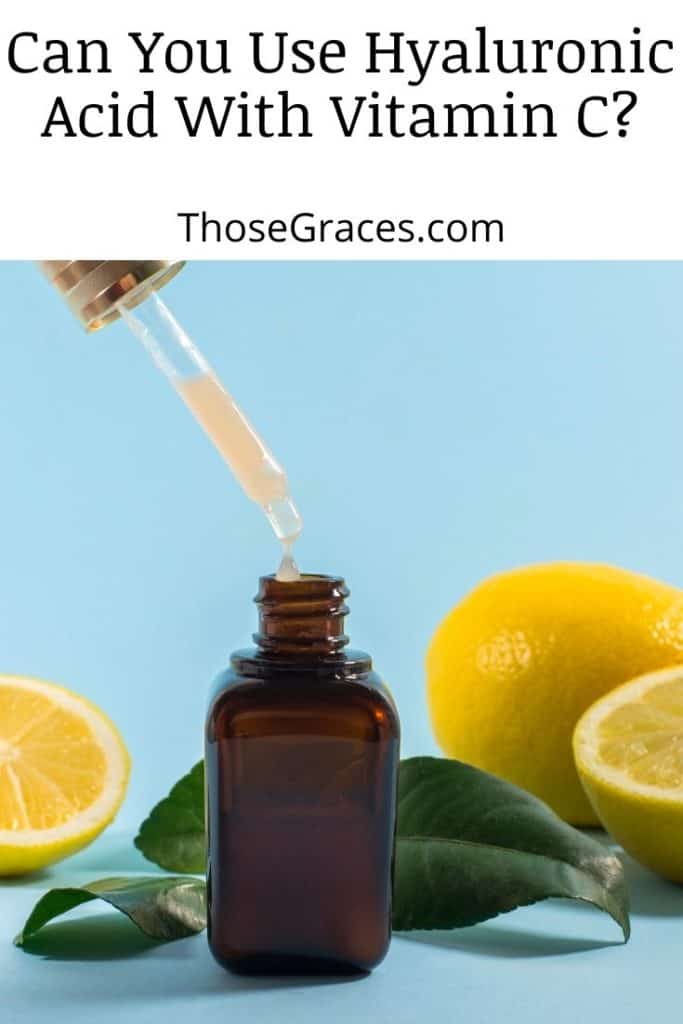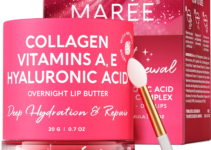There has been a ton of misconceptions about the use of Hyaluronic Acid and Vitamin C, but the real question still remains can you use hyaluronic acid with vitamin c?
This article clears the confusion revolving around the use of these liquids and also offers the direction of their use and benefits.
Keep reading to know more…!
Table of Contents
Can You Use Hyaluronic Acid With Vitamin C?
When it comes to the skin, each coat of product you use in your Skin Care routine counts. Just like every layer of makeup results in a beautiful look.
Similarly, different skincare products, when used correctly and in proper proportion, result in flawless skin. This is where specific solutions like hyaluronic acid for oily skin come into play, offering targeted benefits tailored to certain skin types.
Nowadays, Hyaluronic Acid Serum and Vitamin C are trending in the market. Many skincare enthusiasts and beauticians are recommending the use of this pair.
But the question is, are they worth pairing?
Before diving deep into the answer, let’s understand that Breakouts, rashes, redness, and excessive peeling and flaking of skin are the results of using the wrong combination of skincare products.
In short, the side effects of bad pairing. In skincare, the use of one wrong product could leave skin-deep effects.
Now, to answer if you can use Hyaluronic Acid with Vitamin C together. Yes! They can absolutely be paired together.
This is one of the many pairs of cosmetic acids that offer more to the skin when used together rather than their separate use.

Perhaps now you know why the beauty boutiques always place HA and Vitamin C serum bottles side by side in the same aisle. Or why the recommendation for HA pops upright when you are shopping for Vitamin C serum.
Why Do We Add Hyaluronic Acid With Vitamin C?
Hyaluronic Acid with Vitamin C has several individual benefits. To understand why we add Hyaluronic Acid with Vitamin C, we need to first understand their respective benefits.
Hyaluronic Acid
Hyaluronic Acid in itself is a moisturizer, that’s because it can hold one thousand percent of its molecular weight in water.
Our body naturally produces it and it can be found in various parts of our body like bones, connective tissue, cartilage, hair follicles, and skin.

Experts recommend people to use Hyaluronic Acid on their skin as it acts as an absorbent and soaks up water and keeps our skin hydrated.
It acts as a protective shield on the skin trapping moisture and hydrating our skin in turn. HA injections are very famous in cosmetic surgeries as they are more effective than using HA in the form of serum on the skin.
However, as not everyone can get injected, the liquid serum is made equally potent and effective. As we age our skin starts to lose its elasticity and becomes drier.
This dryness leads to fine lines and gradually wrinkles, due to moisture loss. HA hydrates the skin and prevents dryness, consecutively reducing aging.
Benefits of Hyaluronic Acid
- Hydrates / moisturizes the skin.
- Has anti-aging properties, hence prevents wrinkles for a long time.
- Rejuvenates the skin by keeping it moist and avoids dullness caused by dry skin.
- Keeps the skin firm and elastic.
Vitamin C
Did you know that Vitamin C is present in our body at high levels? Yes! Vitamin C is a great natural antioxidant and protects our skin from the harsh UV rays of the sun. Sun damage being a common problem for most people, is reduced by Vitamin C.

Vitamin C has a low pH level, which means it can easily seep into our skin and prevent excess UV damage. It also balances the pH of the skin and keeps the excess oil production of our skin in check.
Vitamin C is known to lighten dark spots or cure decoloration of skin. If you have acne marks or dark spots application of Vitamin C could be helpful. It also boosts collagen synthesis.
Benefits of Vitamin C
- It shields our skin from the damaging UV rays of the sun.
- It increases collagen production in our body.
- It’s a powerful antioxidant that can be applied to the body.
- It alters dark spots and prevents skin pigmentation, brightening our overall skin tone.
- It’s a good cure for acne and other similar rashes.
When two active ingredients like HA and Vitamin C have so many benefits separately, it’s only natural to leverage their perks together. This pair is could be the all-in-one skincare solution for most skin types, other than using ten different skincare products.
Hyaluronic Acid with Vitamin C when used together, hydrate/ moisturizer, protect and cure our skin.
CHECK: 5 Best Korean Vitamin C Serums
When & How to Use Vitamin C Serum and Hyaluronic acid?
The above paragraphs highlight why you should use HA and Vitamin C together. But there is a proper way of applying this pair.
You may have thought that mixing the two liquids would do the trick. But unfortunately, skincare is a bit more complex than it seems.
How Should You Use Vitamin C Serum and Hyaluronic Acid?
Honestly, it’s all about the layers! Start with Vitamin C. Apply your Vitamin C serum evenly after washing your face with a cleanser.
You could pick the most potent, pure, and best Vitamin C serum by using L-Ascorbic Acid. However, other vitamin C serums are equally good.
Vitamin C will tighten, brighten and safeguard your skin. But remember to use it in a limited quantity as the overuse of vitamin C can cause redness, dryness, or irritated and itchy skin. Vitamin C will be applied as the first layer in this pair of liquids.
Next, apply a fine layer of Hyaluronic Acid once you are sure the Vitamin C serum is absorbed by the skin.
The reason for applying Hyaluronic Acid after Vitamin C is because HA moisturizes the skin and it’s a must to lock vitamin C with a moisturizer for best results.
Hyaluronic Acid limits the evaporation of moisture from the skin’s surface and pulls out water from deeper layers of the skin. Keeping the skin hydrated for a long period.
Using HA is great for dry skin but if you pair it up with Vitamin C, you can practically use this pair on all skin types. Be it dry skin, sensitive skin, or oily and acne-prone skin.
You can also top it off with an SPF cream or a lightweight moisturizer if you are stepping out in the sun or if you have super dry and patchy skin.
Check out this video for great tips:
When to Use Vitamin C Serum and Hyaluronic Acid?
Now that you know how to use the combination of the two liquids, it’s time to know when to use Vitamin c serum and hyaluronic acid in your skincare routine.
Ideally, it’s best to use HA and Vitamin C twice a day, for flawless and glowing skin. You could use it once in the morning as a part of your daytime skincare routine before you start your day.

Next, you should use them before bed at the beginning of your evening skincare routine.
You may wonder, why you need to use these serums at night, as you do not need UV protection or much hydration at that time. But surprisingly these two liquids do the job of healing the skin perfectly at night.
Also Check: How Often Should I Use Vitamin C Serum?
What Are the Benefits of the Combination of Hyaluronic Acid and Vitamin C?
In the above paragraphs, you have learned the benefits of each of these serums. Now, let’s find out what magic these two can cast on your skin together!
Creates a Moisture Barrier
Vitamin C and Hyaluronic Acid together form layers on your skin to prevent moisture loss. This moisture barrier is especially effective on hot sunny days when the chances of moisture loss are higher.
This prevents dry and dull skin and even sunburns in many cases. Although it’s best to apply a layer of your SPF sunscreen to enhance the effect of these two liquids.
Exfoliates Dead Skin Cells
Vitamin C lightens the dark spots on the skin, which results in the loss of unwanted dead skin cells.
This is best for our skin because it continues the process of exfoliation without using harsh scrubs on your skin. This could be great for sensitive skin types.
Both of these skincare ingredients combine to restore the natural glow of the skin.
Works as an Anti-Aging Formula
Vitamin C protects against sun and HA retains moisture, increasing skin elasticity and preventing the signs of aging.
The natural oils of the skin are also retained and thus the skin remains hydrated. This slows the formation of fine lines and wrinkles on the skin.

Reduces Excess Oil Production
Vitamin C is excellent at controlling the oil production of the skin. If your skin is oily or acne-prone. Try this duo, to reduce oil production and prevent unwanted acne breakouts.
Acts as an Overall Skincare Remedy
If you are not a fan of skincare, but still wish to keep your skin in a good shape. Just use a cleanser, a combination of Hyaluronic Acid serum and Vitamin C serum, and a light moisturizing cream.
This is enough to thoroughly take care of your skin.
FAQs
Why should we use Hyaluronic Acid and Vitamin C serum?
Should hyaluronic acid be applied to wet skin?
Does Hyaluronic acid have side effects?
Does Vitamin C have side effects?
However, Vitamin C does not cause side effects or allergic reactions to most users. This acid has a mostly clean profile when it comes to side effects. Many users have been using it for an extended period without any adverse reaction.
Which skin type should use Hyaluronic Acid and Vitamin C?
Can you use Hyaluronic Acid and Vitamin C every day?
Conclusion
There are so many fun pairings in life, Hyaluronic Acid and Vitamin C are definitely one of them and are adored by skincare enthusiasts all over the world.
However, no matter how fascinating this pair seems to be. Don’t just blindly alter your skincare routine to accommodate Hyaluronic Acid and Vitamin C into it.
Keep in mind all the tips and facts that you need to know to successfully use both Hyaluronic Acid and Vitamin C serum for your skin.
References
- Colleen de Bellefonds. 2021. “Why Hyaluronic Acid Is Often Paired with Vitamin c in Skin Care Products.” Healthline. Healthline Media. January 21, 2021. https://www.healthline.com/health/beauty-skin-care/hyaluronic-acid-and-vitamin-c.
- “How to Use Hyaluronic Acid & Vitamin c Together – Kiehl’s.” 2018. Kiehl’s – Naturally Inspired Skin Care, Body and Haircare. 2018. https://www.kiehls.com/skincare-advice/vitamin-c-hyaluronic-acid-benefits.html.
- Pullar, Juliet, Anitra Carr, and Margreet Vissers. 2017. “The Roles of Vitamin c in Skin Health.” Nutrients 9 (8): 866. https://doi.org/10.3390/nu9080866.
- Raman, Ryan. 2020. “7 Impressive Ways Vitamin c Benefits Your Body.” Healthline. Healthline Media. February 19, 2020. https://www.healthline.com/nutrition/vitamin-c-benefits.
- Viviane Woodard. 2020. “The Best Ways to Use Vitamin c Serum and Hyaluronic Acid to Improve Your Skin.” Viviane Woodard Skincare. August 27, 2020. https://vivianewoodard.com/the-best-ways-to-use-vitamin-c-serum-and-hyaluronic-acid-to-improve-your-skin/.

Do you also combine hyaluronic acid and vitamin c in your skincare routine? Let us know in the comments below!



